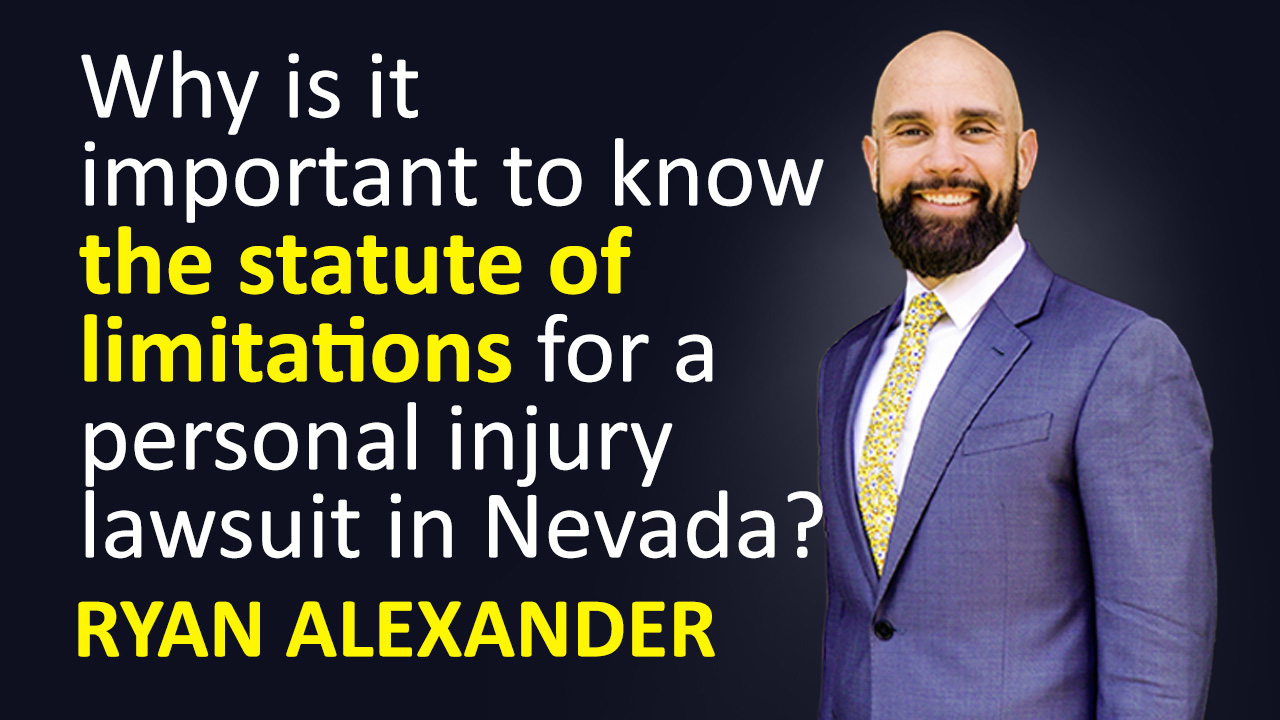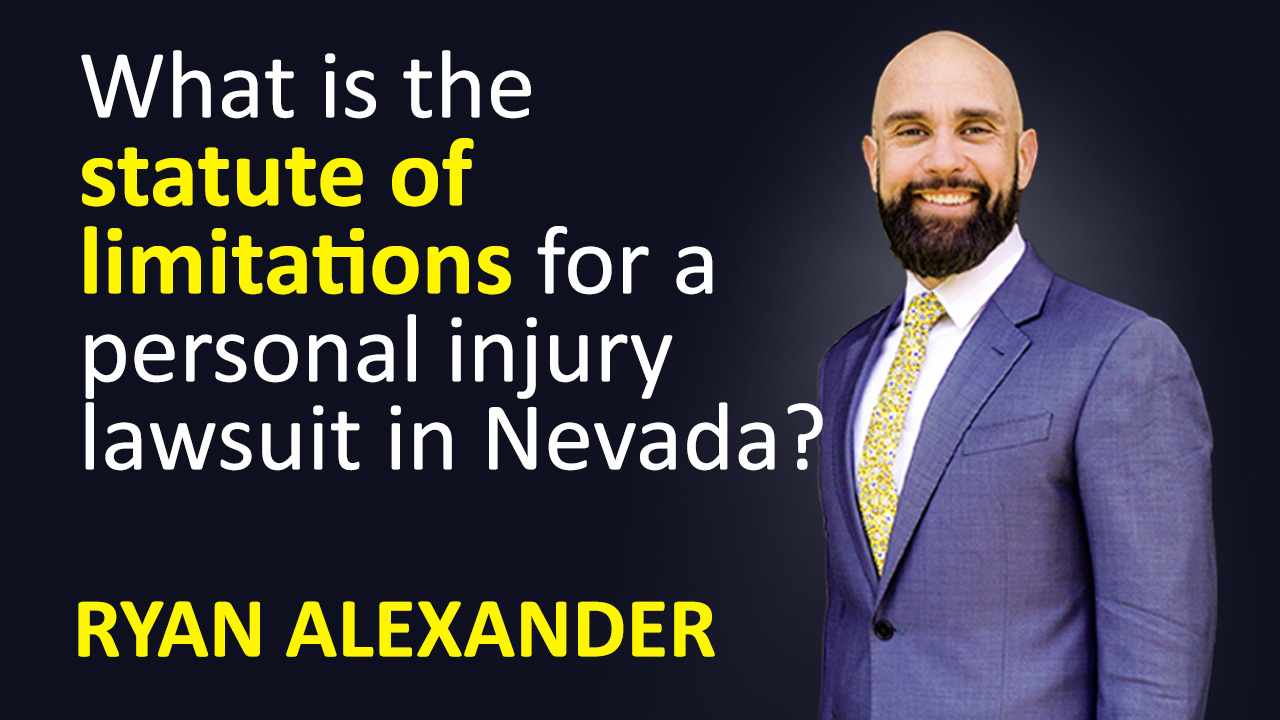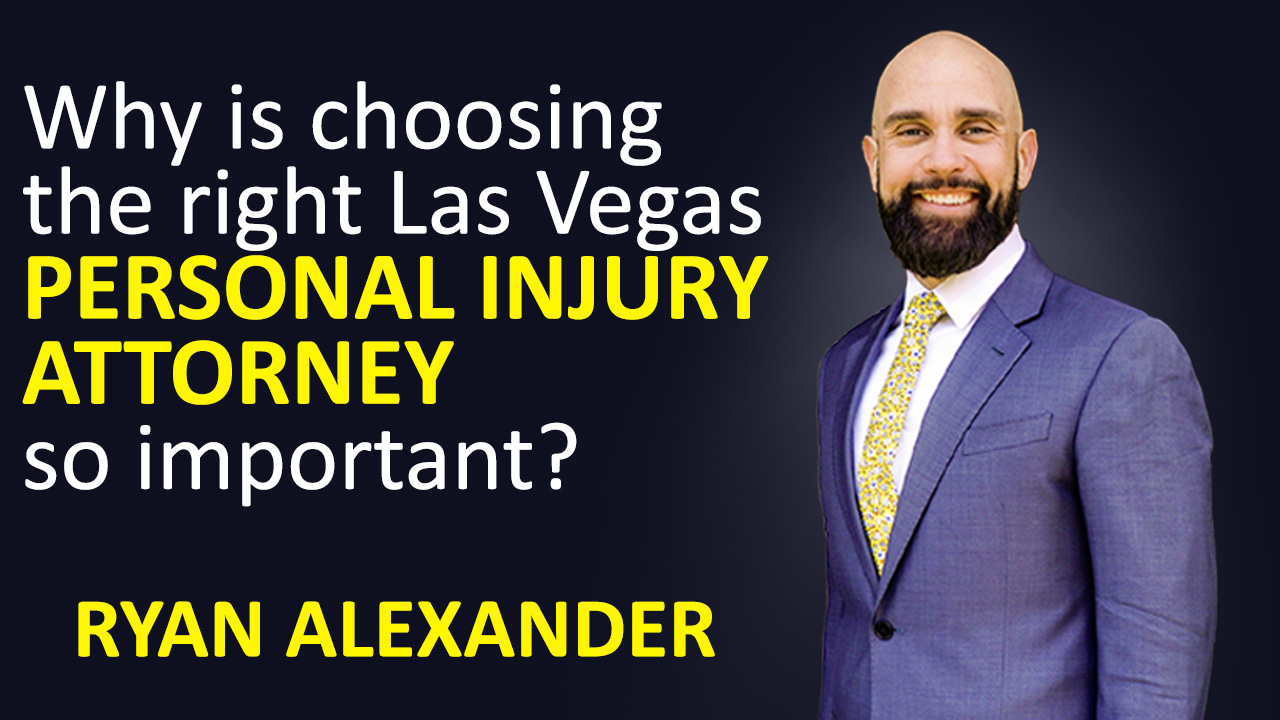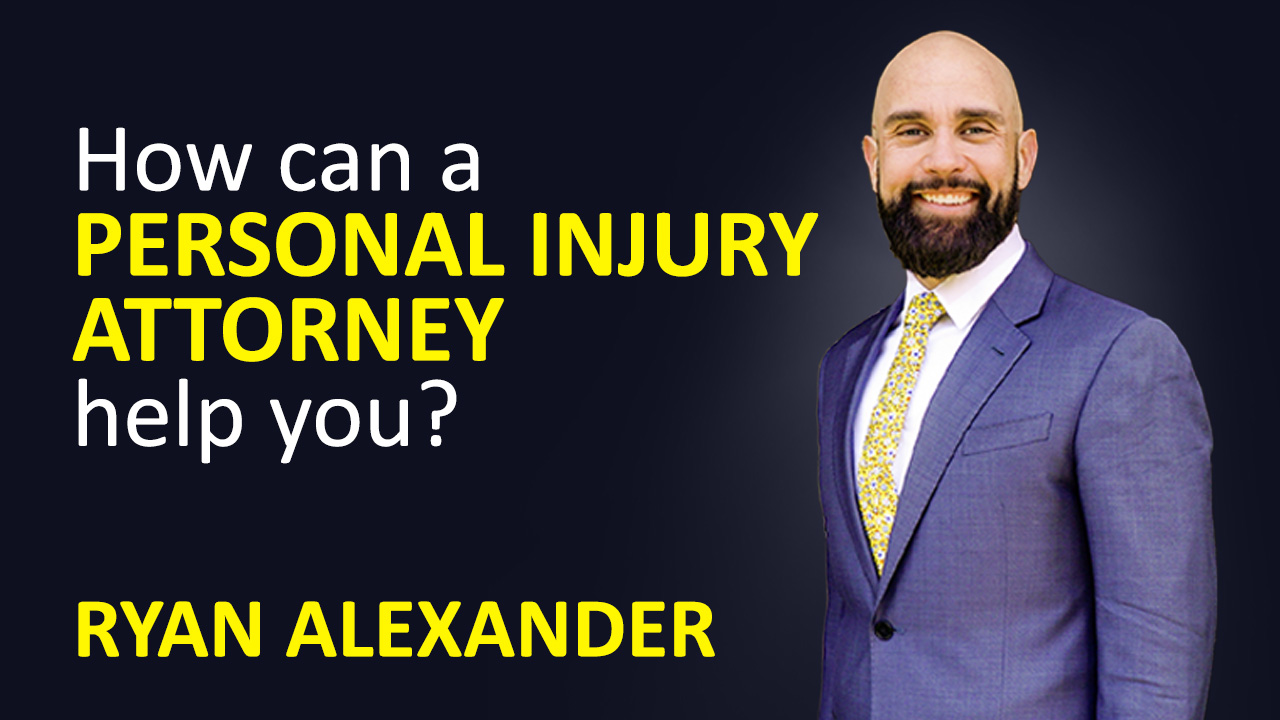What are whiplash symptoms and what should you do about them?
Whiplash is serious, which is why knowing what whiplash symptoms are can be the essential to your recovery. In a car accident, especially one that involved a rear-end crash, a person will experience whiplash. This involuntary jerk of the head and neck often has painful consequences.
Most of the time, the pain is temporary. However, some people develop chronic neck pain and suffer from long-term complications.
No matter how serious you think your whiplash injury is, we recommend you have a doctor evaluate your condition soon after the accident.
What Is Whiplash? and what are symptoms
Technically, whiplash is the mechanism of injury. It refers to the force and motion that causes the head to quickly snap forward and back. The mainstream definition of whiplash also includes the pain caused by the neck lurching back and forth.
Regardless, getting whiplashed can lead to serious injuries depending on the severity of the crash.
To avoid whiplash injuries, the center of the headrest must be directly behind the head. This helps cushion the skull and keep the neck from jerking violently backward. Don’t lower the headrest below your head or remove the headrest.
Signs of Whiplash
Symptoms of whiplash usually develop within 1-3 days after a car accident. You may feel:
- Dizziness
- Fatigue
- Headaches (these often start at the base of the skull)
- Increased pain when moving the neck
- Neck pain, soreness, and stiffness
- Reduced range of motion in the neck
- Tenderness or pain in the shoulder, upper back, or arms
- Tingling or numbness in the arms
See your doctor if you have any type of pain or other whiplash neck injury symptoms after a car accident or other traumatic injury. Don’t ignore recurring pain or stiffness; numbness or tingling in your arms, legs, or shoulders; bladder or bowel issues; and weakness in an arm or leg.
It’s important to receive a prompt and accurate diagnosis to rule out serious injuries like a fractured spine, bulging or herniated discs, and damage to any ligaments, muscles, nerves, and other soft tissues in the neck.
Can You Get a Concussion From Whiplash?
Yes, it’s possible to receive a concussion due to whiplash.
Even if you don’t hit your head on the steering wheel, dashboard, door, or anything else in the car, the force of two vehicles impacting each other is enough to cause injury to the brain. This is because during whiplash, the brain can hit the front and back of the skull, causing microscopic damage to neurons and neural connections.
Symptoms of severe whiplash and concussions can overlap. Meaning you could have one type of injury or both. See a physician if you experience the following after an auto accident:
- Blurry vision
- Depression
- Difficulty concentrating
- Irritability
- Memory problems
- Ringing in the ears (tinnitus)
- Sleep problems (sleeping too much or too little)
You don’t have to fall unconscious to suffer a concussion. What could be a whiplash headache and what could be a concussion may be difficult to determine on your own.
Traumatic brain injuries should never be ignored. You shouldn’t delay in seeking treatment after a motor vehicle accident if you are in pain. Especially if you just don’t feel like yourself.

Chronic Whiplash
Most people suffering from whiplash recover within a few days or weeks and there typically aren’t any lasting side effects from the injury. Severe whiplash, however, can leave a person with persistent pain for months or years after the injury occurred.
There’s no way to determine how whiplash will affect someone. Chronic whiplash pain is more likely if your initial symptoms were intense and appeared soon after the accident, and included:
- Severe neck pain what are whiplash symptoms
- Loss of range of motion what are whiplash symptoms
- Pain that spreads into the arms what are whiplash symptoms
You’re also more at risk of developing long-term effects from whiplash for any of the following. Maybe you’ve had whiplash before. If you’re older, or female you are at risk. If you have existing neck or low back pain, or were involved in a high-speed crash you certainly fall into that category.
Delayed Whiplash
Research is still being done to understand late whiplash. The symptoms of delayed whiplash are the same as early whiplash, the only difference is that they appear weeks or months later.
Trying to file an injury claim for delayed whiplash with the insurance company can be difficult. They will try to argue that your neck pain or headaches are being caused by something unrelated to your car accident.
It’s vital you have your injuries and pain documented by a physician and then consult with a personal injury attorney on what steps to take next.
How to Treat Whiplash
At the moment, whiplash treatment varies from person to person depending on their situation and symptoms. Most people only suffer mild ligament sprains or muscle strains, which can heal within a few days or weeks.
Caring for Whiplash at Home
Self-care for mild to moderate whiplash includes resting the first few days after the injury. Avoid certain motions or activities that exacerbate your neck pain until it has more time to heal.
Applying ice or heating pads in the first couple of days can reduce swelling and pain in the neck. Over-the-counter pain medications like Tylenol, Advil, Aleve, and Motrin can block pain receptors and reduce inflammation.
It’s becoming less common for doctors to recommend neck braces because in certain cases wearing one may weaken the neck muscles.
How to Sleep With Whiplash
Sleep is important for recuperation and healing after a whiplash injury. The best sleep positions for neck alignment and stability are on your back and sides.
If you need neck support, you can try sleeping with a special neck pillow. It should be placed under your neck instead of your head. Placing a tightly rolled-up towel or blanket may also work.
You can also try hot or cold compresses or foam rollers before bed to ease any neck pain or tension.
Getting Medical Care for Whiplash
If your whiplash pain is severe or your symptoms are not going away, your doctor may recommend a combination of treatment options.
- Acupuncture involves placing tiny needles in certain parts of the body depending on the condition being treated. This should be done by a licensed acupuncturist.
- Chiropractic care by a licensed chiropractor or certified medical professional is often recommended to reduce whiplash pain. Manual adjustments to the spine can help increase the neck’s range of motion and reduce pain.
- Injections can be used to target problem areas. These include steroid injections to reduce inflammation from a disc herniation, facet joint injections to relieve pain in the joint, and trigger point injections to help irritated muscles.
- Massage therapy helps reduce pain by soothing tense or spasming muscles and increasing blood flow.
- Physical therapy, when conducted by a trained physical therapist, can help improve the neck’s strength and flexibility. The goal is to relieve stress on the cervical spine and reduce pain.
- Prescription pain medications like muscle relaxants or opioids may be necessary if over-the-counter options have not successfully managed your pain.
- Psychotherapy may be needed if you develop a psychological condition after the whiplash injury such as depression or post-traumatic stress disorder. A mental health professional can provide counseling to help you understand and manage the condition.
- Radiofrequency neurotomy is used to target specific nerves with heat. The lesion prevents the injured facet joint from sending pain signals to the brain.
This doesn’t cover everything
This does not cover all the possible treatments needed for a whiplash injury. Neck injuries can have a variety of causes that require a range of treatments, particularly if the spine is found to be damaged.
To determine the best types of whiplash injury treatment, your doctor will ask you about your symptoms and may order an X-ray. Other tests, such as CT scans and MRIs, can allow them to assess if there is damage or inflammation to the soft tissues, spinal cord, or nerves.
How Long Does Whiplash Take to Heal?
The recovery time for whiplash varies from person to person. In general, most patients with long-term symptoms fully recover after 4-6 weeks.
If you are suffering from chronic whiplash or a severe neck injury, your recovery time may take up to a year. Residual symptoms like headaches or muscle spasms may flare up from time to time and stay with you for months or years.
Whiplash Injury Compensation
After a whiplash injury, it’s common for the insurance company to doubt your pain, especially if you waited a few days or weeks to see the doctor. Our Atlanta personal injury law firm specializes in negotiating with the insurance company and making sure they can’t deny or delay a valid injury claim after a car accident.
Whiplash injury treatment can be time-consuming and expensive. Talk to our experienced car accident lawyers about your case so we can get started on a settlement.
Severe whiplash should never be ignored, particularly if there’s a concussion involved. It’s not your fault you were injured in the wreck, so you shouldn’t be responsible for the resulting medical bills.
Ryan Alexander: Las Vegas Back Pain Lawyer
 Lower, middle, and upper back pain caused by car accidents make up a large majority of the personal injury cases we handle. Our team can connect injured victims with spinal specialists and qualified chiropractors across Nevada to meet their treatment needs.
Lower, middle, and upper back pain caused by car accidents make up a large majority of the personal injury cases we handle. Our team can connect injured victims with spinal specialists and qualified chiropractors across Nevada to meet their treatment needs.
Don’t delay in seeking an accurate diagnosis for your back injury and consulting with our car accident lawyers about your legal rights. If you are suffering from back pain due to someone else’s negligence, you deserve to be fully compensated for your suffering, medical costs, and time lost from missing work.
Talk with us about any questions or concerns you have about the personal injury claims process. We are more than happy to discuss your options and help you recover both physically and financially.






